The use of chemical fertilizers can damage the environment and the health of the plants themselves. For this reason, more and more people are opting for organic farming and creating homemade fertilizers, using natural and low-cost ingredients. In this article, we’ll explore some of the best organic fertilizers that you can easily make at home, without using chemicals or expensive equipment. Furthermore, we will discover how to use these fertilizers to obtain a healthy and luxuriant vegetable garden, respecting the environment and your health.
So let’s see how to prepare perfect fertilizers for the organic garden at home.
How to prepare home compost at home to fertilize the garden
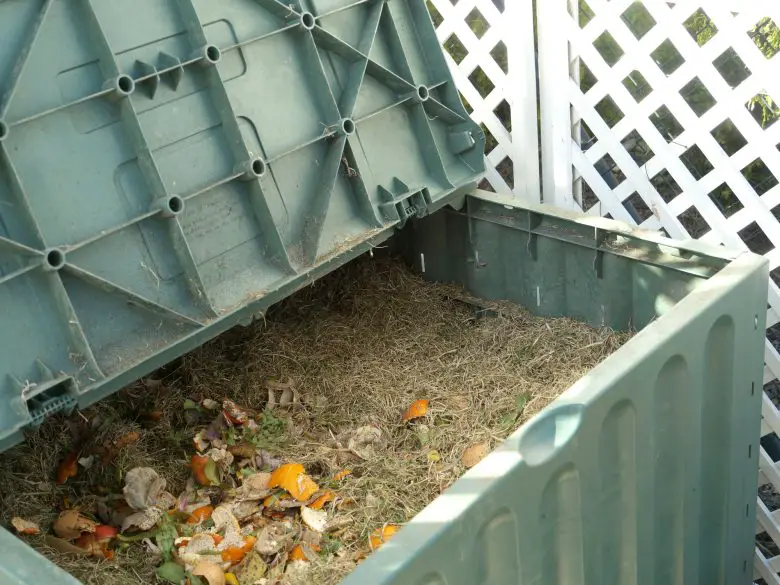
il kompostaġġ it is a very effective and ecological method of biological fertilization of the garden. It consists of the decomposition process of organic waste, such as food scraps, leaves and twigs, to create a nutrient that can be used as a fertilizer for the garden. Home composting is an excellent solution for those who want to have an organic garden and at the same time reduce the environmental impact of their agricultural activity. In fact, composting helps reduce the amount of organic waste sent to landfills, favoring the reduction of greenhouse gas emissions and the conservation of natural resources.
At home it is possible to create a compost thanks to a special container, which can be purchased on the market or made with recycled materials. Home composting requires some attention and care, but the results are remarkable: you will obtain an excellent quality fertilizer for the garden, while reducing costs and environmental impact at the same time.
How to prepare herbal fertilizers, ideal for organic vegetable gardens
Herbal fertilizers are an economical and sustainable option to fertilize your organic garden in a natural way. They are made from nutrient-rich plants, such asħurrieql- chamomileil tursinl- mint and many more, which can easily be grown in the garden, in pots on the balcony or spontaneously harvested. These fertilizers are free from chemicals and therefore do not harm the environment or the health of plants and animals. To prepare herbal fertilizers, one can use one of the following techniques:
- Infusion: a tea is prepared with herbs using a pot of boiling water. After it has cooled, the tea is filtered and diluted in a quantity of water equal to 1:10. This liquid can be used as a liquid fertilizer to be sprayed on the leaves or added to the irrigation water.
- Maceration: fresh or dried herbs are used, which are minced and placed in a container with water for about ten days. Once maceration is complete, the liquid is filtered and diluted with water in the ratio of 1:10.
- Fermentation: fresh or dried herbs are used and placed in a container with water and sugar. After a few days, a little water is added and everything is mixed. The mixture is then left to ferment for about 2 weeks, until a thick liquid is created. At this point, the mixture is filtered and the liquid obtained is diluted with water in the ratio of 1:10.
Herbal fertilizers are suitable for many plants in the garden, such as tadam, bżar, ħjar, zuchinis, brunġielacabbage, lettuce, frawli and many more. They are particularly useful during the growth and flowering stages of plants, as they stimulate the production of new shoots and flowers.
How to prepare a tea-based fertilizer for the garden
Tea-based fertilizers can be a simple and effective solution to feed the plants in the garden in a natural way. These fertilizers can be made at home using common ingredients like tea bags and fruit peels. Tea is a fertilizer rich in plant nutrients, especially nitrogen, which helps stimulate the growth of leaves and roots. In addition, it also contains trace amounts of phosphorus and potassjuwhich are essential for healthy plant growth.
To make a tea-based fertilizer, simply place a few used tea bags in a pot and cover them with water. Let sit for 24 hours, then remove the tea bags and dilute the tea with water (generally in a 1:5 ratio, which is one part tea to five parts water). This fertilizer can be used to water plants every two to three weeks.
Alternatively, cold tea or fruit peels can also be used to prepare similar fertilizers. Simply steep a few tea bags or fruit peels in cold water for a few days, then dilute with water before use. This fertilizer can be used to water the plants every two or three weeks, avoiding using it in too high concentrations to avoid burning the roots of the plants.
It is important to remember that tea based fertilizer should not be used as the sole method of plant nutrition, but rather as a supplement to other fertilization techniques such as composting and adding organic herbal fertilisers.
How to make home garden fertilizer from egg shells
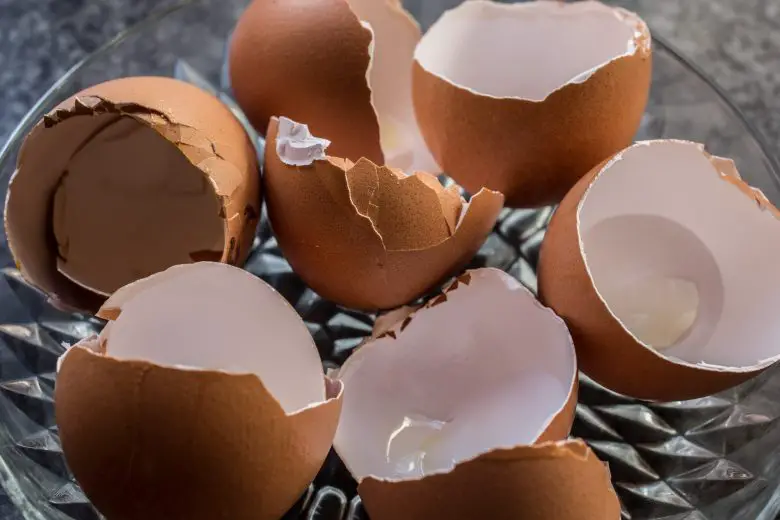
The egg shell is an excellent source of calcium and other minerals useful for plant growth and even for the prevention of harmful plant diseases such as apical rot of tomato. For this reason, it can be used as a natural fertilizer for the vegetable garden. So let’s see how to prepare an eggshell fertilizer at home:
- Collecting Eggshells: After using them in cooking, collect eggshells and wash them with soap and water to remove any food residue.
- Dry the eggshells: once washed, let them dry in the open air or in the oven at low temperature.
- Grind the eggshells: Once dry, grind the eggshells into fine particles.
- Applying Fertilizer: Eggshell fertilizer can be applied directly to the garden soil or used to make a tea. To make the infusion, put the crushed egg shells in water and leave them to infuse for a few days. The infused water can then be used to water the plants.
Eggshell fertilizer is especially useful for plants that need a high calcium content, such as tomatoes and peppers. Furthermore, it can also be used as natural snail repellentas their sharp edges hinder their passage.
How to make wood ash fertilizer at home
il fertilizer based on wood ash it is a sustainable and economical alternative to commercial garden fertilizers. Wood ash is rich in potassium, phosphorus, calcium and magnesium, essential elements for plant growth.
To make wood ash fertilizer at home, you need to collect the ash from your stove or fireplace. It is important to use only the ash produced by burning wood and not that of coal, plastic or other non-natural materials. The ash should be stored in an airtight container until used.
To prepare the fertilizer, it is enough to dilute about 100 grams of ash in one liter of water. You can use the fertilizer directly on the garden soil or spray it on the plants.
However, it is important to use ash fertilizer in moderation, as too much will cause a change in the pH tal-ħamrija making it too alkaline and thus compromising plant growth. Furthermore, wood ash also contains a small amount of sodium, so it is not recommended to use this fertilizer on plants that prefer acidic soils or are sensitive to this substance.
How to make homemade fertilizer with coffee grounds
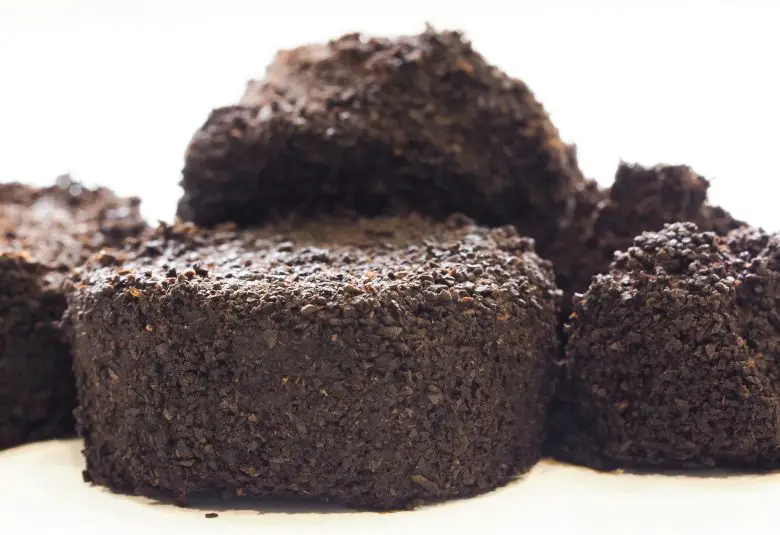
il fertilizer based on coffee grounds is another example of organic fertilizer that can be made at home. Coffee grounds are rich in nitrogen, phosphorus, potassium and other essential plant nutrients. They are also a great soil acidifying agent, which can be beneficial for plants that prefer a lower pH.
To make your own coffee grounds fertilizer at home, simply collect the used coffee grounds and let them air dry. Once the coffee grounds are dry, they can be used in various ways to fertilize plants. For example, coffee grounds can be sprinkled directly onto the soil around plants or mixed into the soil to increase fertility.
Alternatively, coffee grounds can be used for brew a compost tea. To make compost tea, simply place your coffee grounds in a fabric bag and soak them in water for a couple of days. This will create a nutrient-rich liquid that can be diluted and used as a liquid fertilizer for plants.
It’s important to note that coffee grounds can cause acid to build up in the soil, so it’s important to use them in moderation and in combination with other fertilizers to balance the pH of the soil. Furthermore, it is recommended not to use coffee grounds as a fertilizer for plants that prefer an alkaline pH, such as cabbage or broccoli plants. In the process of decomposition of organic waste, such as food waste, leaves and twigs, for create a nutrient that can be used as a fertilizer for the garden. Home composting is an excellent solution for those who want to have an organic garden and at the same time reduce the environmental impact of their agricultural activity. In fact, composting helps reduce the amount of organic waste sent to landfills, favoring the reduction of greenhouse gas emissions and the conservation of natural resources.
At home it is possible to create a compost thanks to a special container, which can be purchased on the market or made with recycled materials. Home composting requires some attention and care, but the results are remarkable: you will obtain an excellent quality fertilizer for the garden, while reducing costs and environmental impact at the same time.

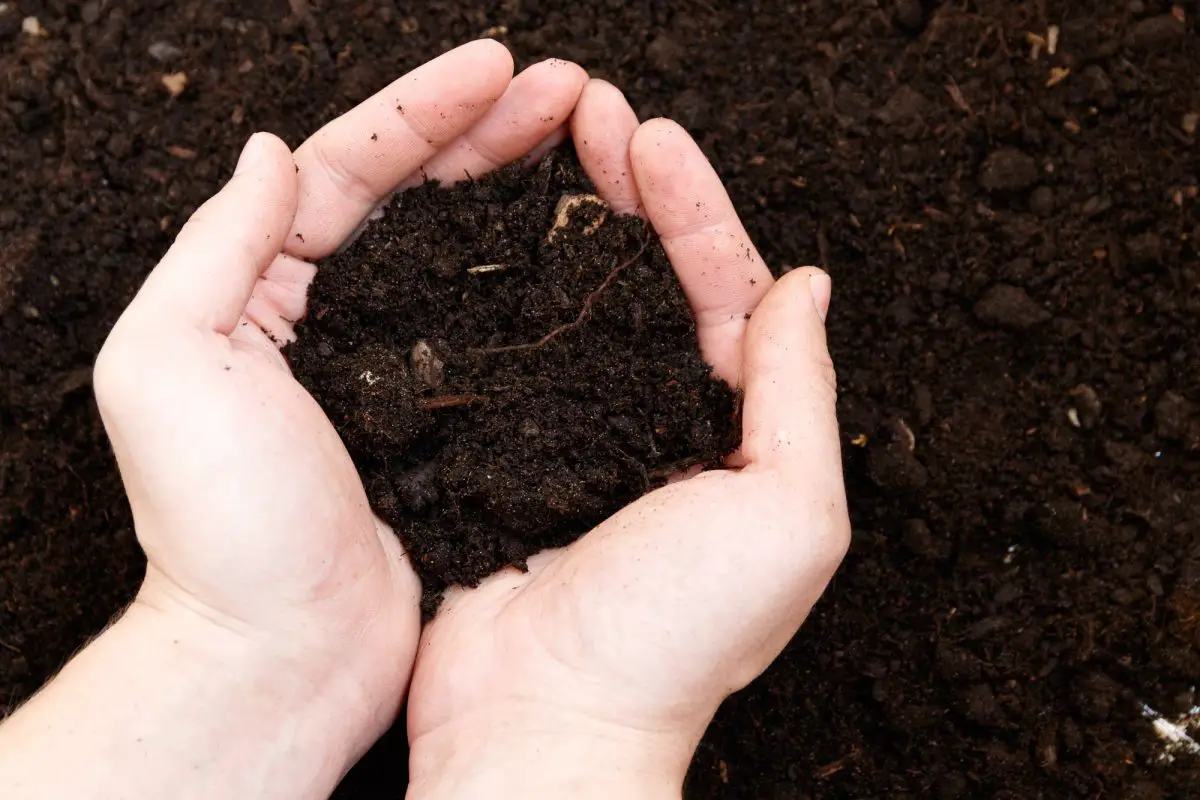

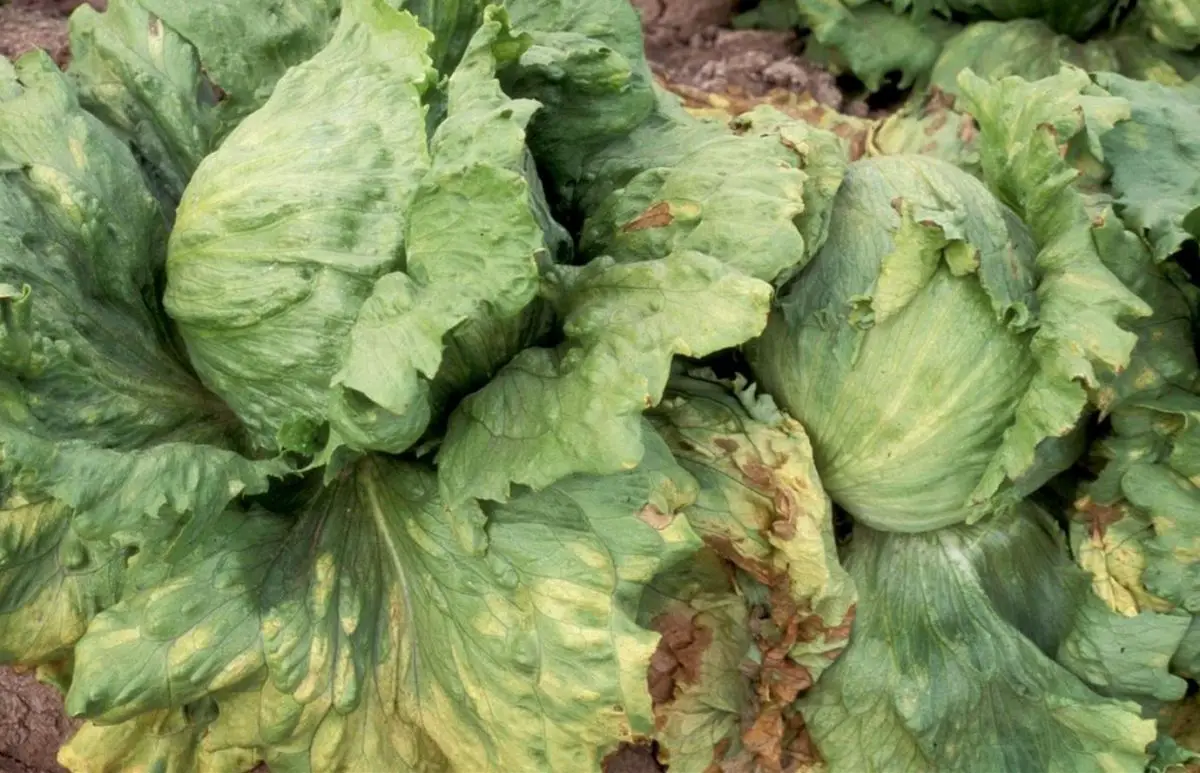
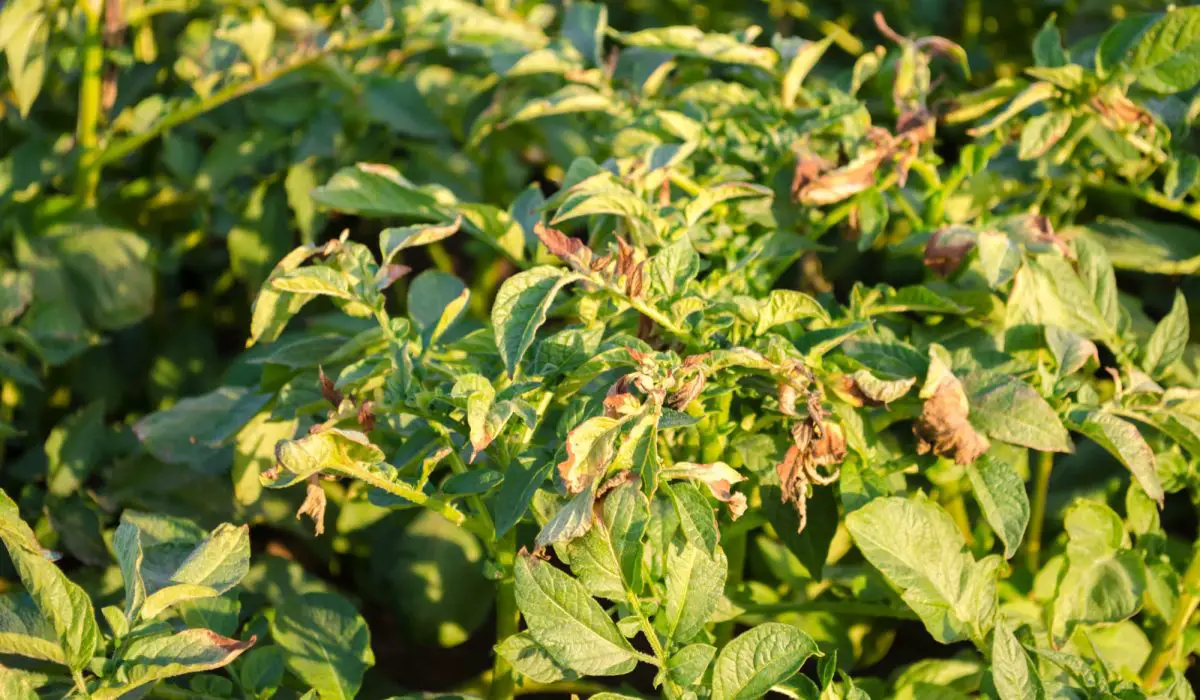

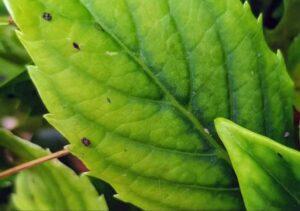
Ibda Thread ġdid